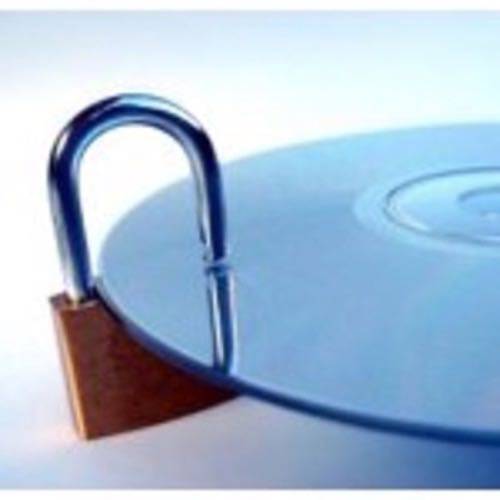It’s rare to find bipartisan support for anything in Washington these days, which is why, at first glance, the Congressional support for the Stop Online Piracy Act seems so perplexing.

If Congress was going to choose to agree on something, why would it choose a bill that everyone from big Internet companies like Google and Facebook to free speech advocates to the pharmaceutical industry say is a bad idea? Or, as New York Times media columnist David Carr notes in today’s editions, “You can see why big Internet guys are upset by SOPA. Maybe you and I should be, too.”
Carr points to a potential, all-too-obvious reason why some lawmakers may be supporting a bill that, outside of the Beltway, seems to primarily appeal to traditional media companies. Those companies, according to campaign finance tracking Web site MapLight, gave four times as much to the bill’s sponsors as corporate contributors based in Silicon Valley.
SOPA would block access to sites accused of violating U.S. copyright laws. The measure has been called Draconian by opponents who say it would fundamentally change the free-flow of information across the Internet. Proponents, ranging from the NBA to Universal, say the measure is needed to block sites like The Pirate Bay, which flagrantly flaunt copyright laws and make content available for free without paying copyright owners.
If you need more reason to feel cyncial about politics on a post-holiday, Monday morning, check out last week’s report from TorrentFreak that found Congressional staffers were illegally downloading everything from movies to adult self-help books as many of their bosses tried to push SOPA through.
Debate on the bill will resume on Jan. 17 and the Senate could take up the measure as soon as Jan. 24. The bill currently has 31 bipartisan co-sponsors and, according to a press release issued last month, growing support. See an earlier RWW post for everything you need to know about SOPA, including links to lists of companies and lawmakers that support and oppose the bill.

















